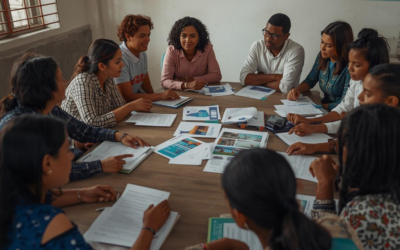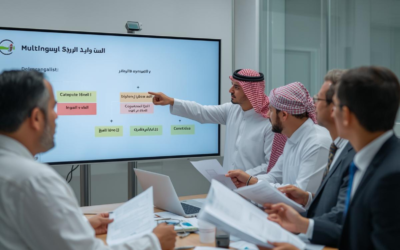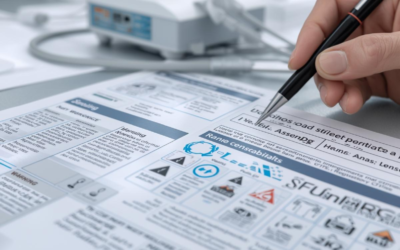In a globalized world, cultural localization is essential for effective healthcare communication. It goes beyond simple translation by adapting content to the cultural norms, beliefs, and expectations of different regions. This process ensures that medical information is accurately understood and trusted by diverse populations.
1. More Than Just Translation
Cultural localization adapts language, tone, and context. In healthcare, messages about treatments or public health initiatives need to respect cultural sensitivities to be effective. For example, topics like mental health or sexual health may require careful handling depending on the region.
Localization ensures that content is relevant and understood while maintaining medical accuracy. SumaLatam specializes in combining medical precision with cultural relevance, ensuring that communication resonates with the intended audience.
2. Health Awareness Campaigns
Public health campaigns rely on connecting with people on an emotional and cultural level. A one-size-fits-all approach may not work when promoting vaccination or preventive care in different countries. Cultural localization tailors messages to local attitudes, increasing their impact.
SumaLatam excels in transcreation, creatively adapting public health messages so they maintain their core message while resonating emotionally with diverse audiences, ensuring successful health campaigns across borders.
3. Training Healthcare Professionals Globally
Localization is equally important in medical education and training. Professionals from various cultural backgrounds need tailored training materials that are not only linguistically accurate but also fit their cultural learning styles and norms.
Whether it’s adapting technical language or the structure of training programs, SumaLatam ensures that materials are culturally appropriate, allowing healthcare professionals worldwide to deliver high-quality care using localized tools and methods.
4. Compliance and Localization
Every country has unique healthcare regulations regarding how medical products and treatments are communicated. Localization ensures that medical information meets these standards, from labeling medications to providing instructions for medical devices.
SumaLatam supports companies by offering localized, regulatory-compliant content that respects the laws of each country, ensuring smooth product launches and avoiding costly legal issues.
5. Technology and Localization
Technology, particularly AI-powered translation, plays a key role in managing large volumes of multilingual content quickly. However, for healthcare content, human oversight is crucial to ensure medical accuracy and cultural sensitivity.
SumaLatam combines AI technology with expert human review to offer fast and reliable localization that maintains the highest standards of medical precision and cultural appropriateness.
6. Impact on Patient Care
Cultural localization has a direct impact on patient care. When patients receive medical information in their native language and in a culturally relevant manner, they are more likely to follow medical advice and understand the implications of their treatment.
This leads to better health outcomes and higher patient satisfaction. SumaLatam’s medical translation services ensure that healthcare providers can communicate effectively with patients from diverse cultural backgrounds, improving overall care.
As healthcare continues to globalize, cultural localization will remain essential for ensuring that medical communication is not only accurate but also resonates with diverse audiences. SumaLatam offers the expertise needed to help healthcare organizations adapt their messages, improving patient engagement, compliance, and outcomes across the globe.





